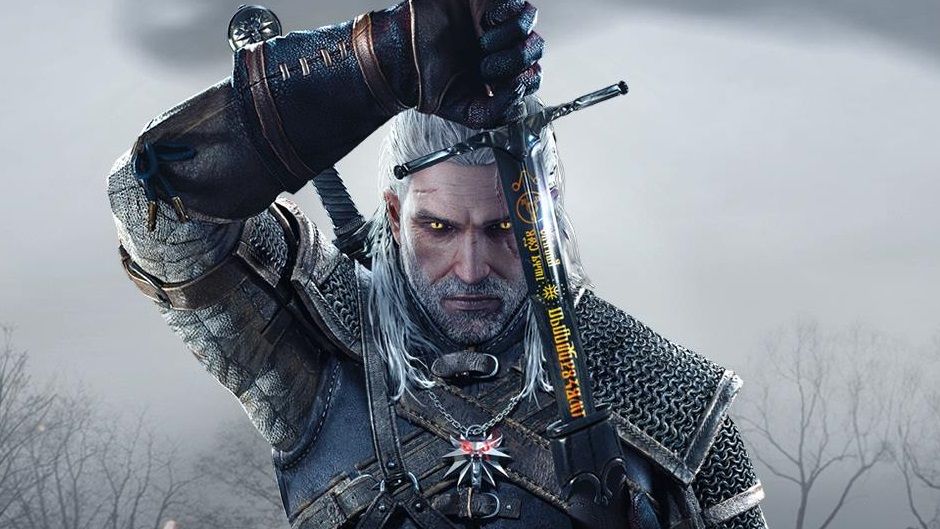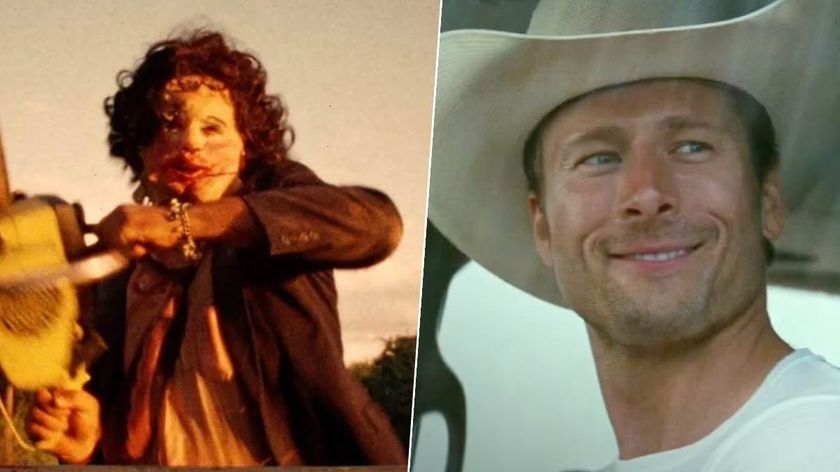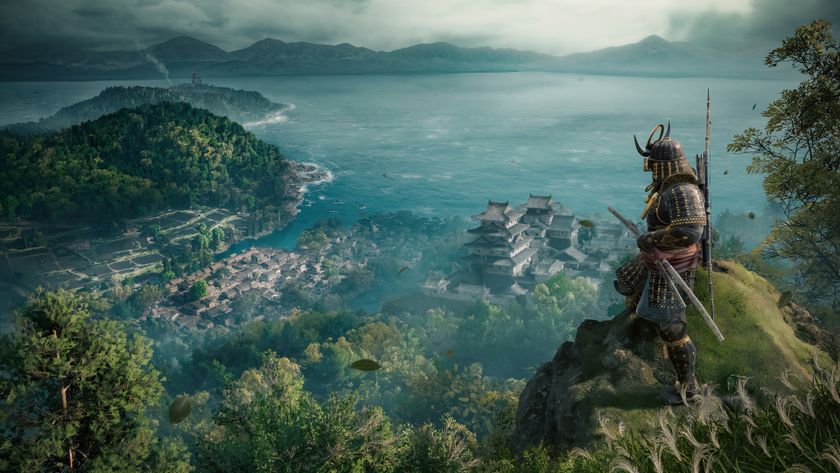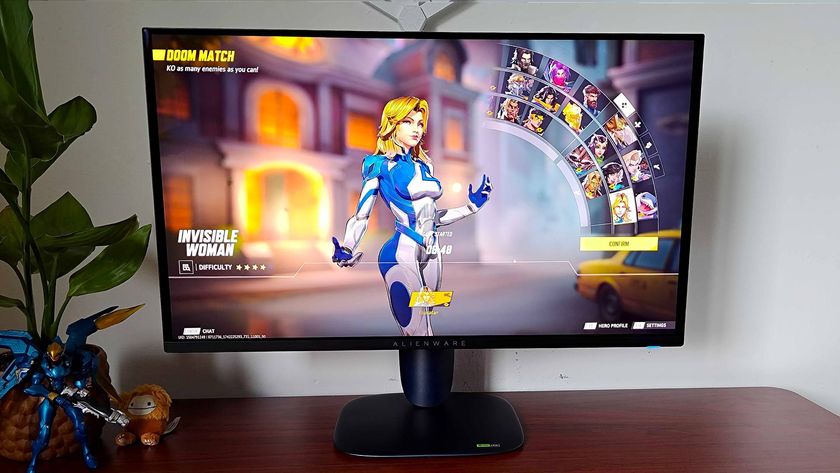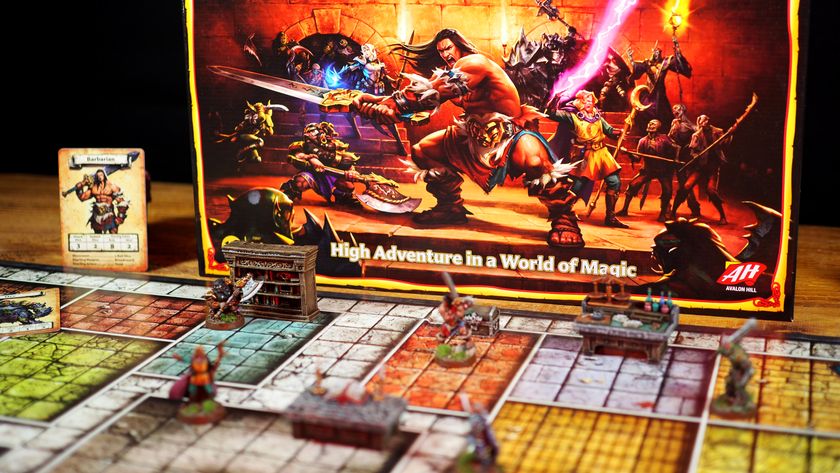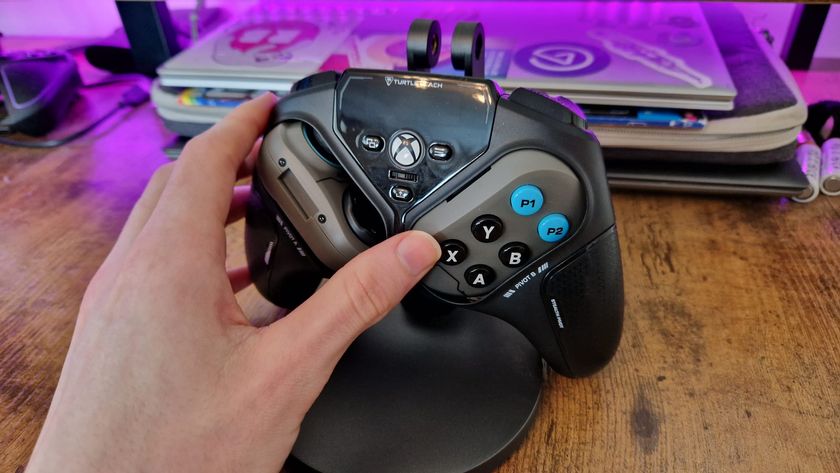12DOVE Verdict
Sloppy combat and ongoing optimisation can't quite spoil this dark fantasy adventure, set in a stunning world of blood and black magic.
Pros
- +
Relentlessly beautiful vistas
- +
Reading about horrifying ghosts and monsters
- +
Playing cards with blacksmiths
- +
Sailing between the isles of Skellige
Cons
- -
Frustrating and punishing combat
- -
Frame rate optimisation is ongoing...
Why you can trust 12DOVE
Trees bend and sway, storms blow across the landscape, buzzards circle overhead. The Witcher 3’s world moves in a way that game worlds haven’t before. It’s one of the busiest ever made, and while it’s not the biggest in terms of raw square footage, it teems with life: human and otherwise. The Northern Kingdoms are both extraordinarily beautiful and sickening at the same time. For every cracked castle artfully placed on the horizon, there's a tree full of hanging men. You're constantly confronted by astonishing views, but something murderous always lurks in the bushes nearby.
It's a place of almost relentless suffering. Humans are largely scattered across a network of small villages that you can travel between at will once the map opens up after the prologue, by horse or on foot. The starving peasants that inhabit these rickety townships are easy prey for the creatures that surround them. As Geralt, a professional monster hunter, you move from place to place, using untidy combat to dispatch their supernatural tormentors for money. The Witcher 3 is at its best when you choose solely to wander, taking sidequests from peasants and contracts from town noticeboards. Freed from the convolutions of the main plot, it's a varied and exciting realisation of the Ronin fantasy.
The overarching story centres on Geralt's adopted daughter, Ciri. As a child of the “elder blood”, she can teleport between worlds. A cohort of otherworldly riders called The Wild Hunt want to harness that ability so they can invade other worlds en masse. You have to find Ciri before they do, which is a suitable enough excuse to ride around meeting each region's most powerful figures, like the rotund and coarse Bloody Baron in the swamps of Velen; the criminal gangs of the game's huge capital city, Novigrad; and the would-be kings and queens of The Witcher 3's most extraordinary location, the isles of Skellige.
Tragically, all of these areas suffer from chronic framerate issues on the PS4 review build provided. CD Projekt RED included a letter promising that optimisation continues and a 'day zero' patch will fix things, but it's possible some of these problems will remain immediately after launch. The jerkiness seriously affects the fluidity of combat, and sporadic slowdown appears in cutscenes, and particularly in dense areas like the Velen bogs during graphically intense weather conditions like rain storms.
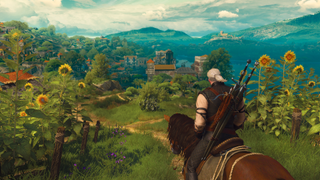

There are so many aspects of The Witcher 3 I'd love to talk about that won't fit into the main review: the quests for legendary armour, the blueprints that let you craft great gear or brew better potions. The main one is Gwent, a card game that almost everyone in the Northern Kingdoms plays. You can challenge merchants, blacksmiths and warlords to games so you can win more cards, build better decks and challenge the world's masters. It's deep, and stupidly addictive.
The slippery framerate exacerbates issues with the combat system, which remains largely unchanged from the Witcher 2, and has inherited all of its problems. You attack by stringing together light and strong slaps with your sword, and can use an array of magical signs to protect yourself or pulverise others. The essential Quen spell casts a shield that negates a blow. Igni roasts enemies with a flame blast. Yrden lays a trap that slows them to a drunken crawl. Aard pushes them back with concussive force, and Axii stupifies enemies.
The long-range dodge can theoretically be used to dive out of the way of monster swipes and the new short-range dodge is designed to let you pirouette around strikes so you can counter, but both are very inconsistent in practice. Expect to take a lot of unfair hits, even in cases when the enemy's strike clearly sailed past you. This problem is instantly fixed when you step into Ciri's shoes for one of her brief playable flashback sequences. Her dodge is a short-range teleport, and is immediately more satisfying.
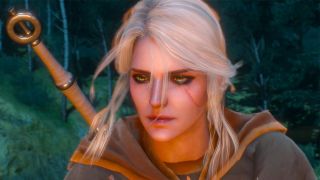
It's telling that you feel much more like a mutant blademaster when fighting humans and harpies in particular. Humans can be parried, which adds a vital extra layer of interaction, and harpies can be shot down with your miniature crossbow and then finished with a decisive stab. Otherwise, your moveset is slim. The differentiation between light and strong attacks is meaningless, and Geralt never seems to get back to an opponent quickly enough after a dodge (Ciri gains a dash move ability later, further improving her sections). Geralt always feels more cumbersome than his elaborate spinning animations imply, and less deadly, even in spite of the bloody dismemberment that happens when he finishes an enemy.
You can fix things a little with the upgrade system, which lets you invest level-up points into close combat skills to increase your damage, and signs, to unlock new variations on the basic set. The move that reduces damage you take while dodging is useful. Other standouts include the Quen variation that lets you hold a button to cast a continuous protective shield that heals you when hit. The Igni variant that shoots a continuous plume of embers from your palm is also deadly, and looks incredible. The frustrations of combat are also ameliorated at lower difficulty levels, where enemies are less resilient.
Detective work
Fortunately, fighting is one part of the Witcher 3 package, and the rewards are too great to let average swordplay ruin the wider adventure. Besides, to track his daughter, Geralt must become as much a detective as a warrior. His new medieval-CSI vision ability lets him pick clues out of the environment in hazy red outlines. Footprints, blood, scents, and magical artefacts light up so you can follow prey and identify monsters. You do this an awful lot, but it works, pulling you through locations in a more interesting way than an objective marker would, and the mysteries you investigate are consistently interesting.
When you travel to one of Skellige's islands to find a lost expedition, the island becomes one huge, fascinating forensic crime scene. Other plots are just as involved, confronting you with twisted takes on the creatures and curses of old European folklore. These stories have ancient roots, and their authenticity conveys a grim, earthy texture to the world - a quality unique to The Witcher series. The main plot is lacking - you spend a big chunk of it chasing someone who's having a more important and exciting adventure than you - but the trove of sidequests makes up for that with a compilation of dark fantasy short stories.
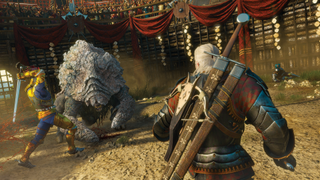
Good voice acting (for the most part) and superb facial animation makes the characters and creatures you meet fun to banter with, but be warned: you also meet a lot of returning characters from previous Witcher games. If you know nothing about the Geralt/Triss/Yennefer love triangle, or the Lodge of Sorceresses, or the convoluted series of wars and betrayals that precede the game, a significant amount of the main thread will seem completely baffling. It's worth playing The Witcher 2, or reading up on the series, before you start.
I dearly hope that the 'day zero' patch eliminates The Witcher 3’s technical issues. They’re the main blemish on an otherwise rich and lengthy RPG. Even so, The Witcher 3 represents a generational leap in world design and fidelity, and is a spectacle that deserves to be savoured at its very best.
This game was reviewed on PS4 using review code provided by Bandai-Namco.
More info
| Genre | "Action RPG" |
| Description | The Witcher 3: Wild Hunt is a dark fantasy RPG being developed by CD Projekt. |
| Platform | "Xbox One","PS4","PC" |
| US censor rating | "Mature","Mature","Mature" |
| UK censor rating | "","","" |
| Release date | 1 January 1970 (US), 1 January 1970 (UK) |
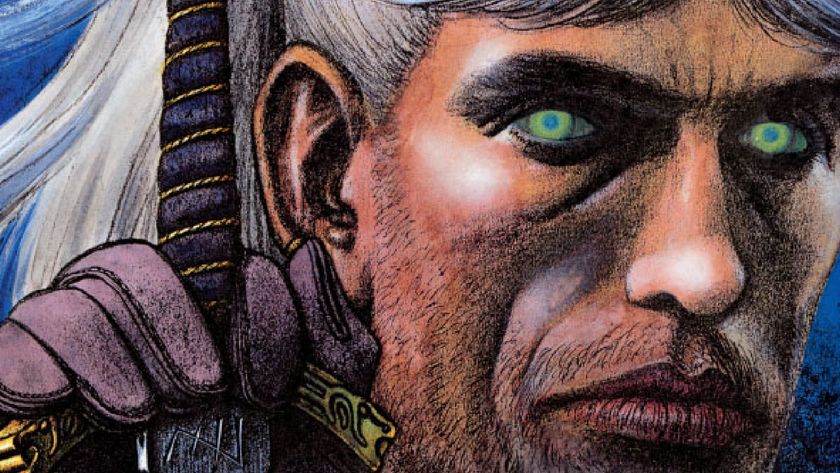
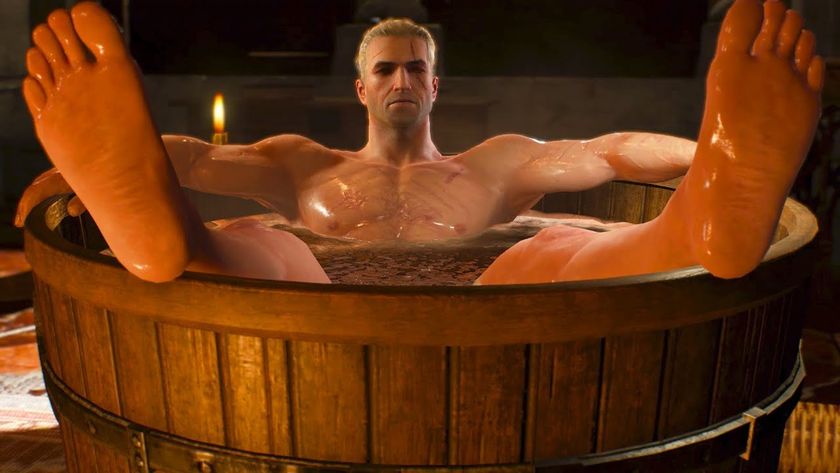
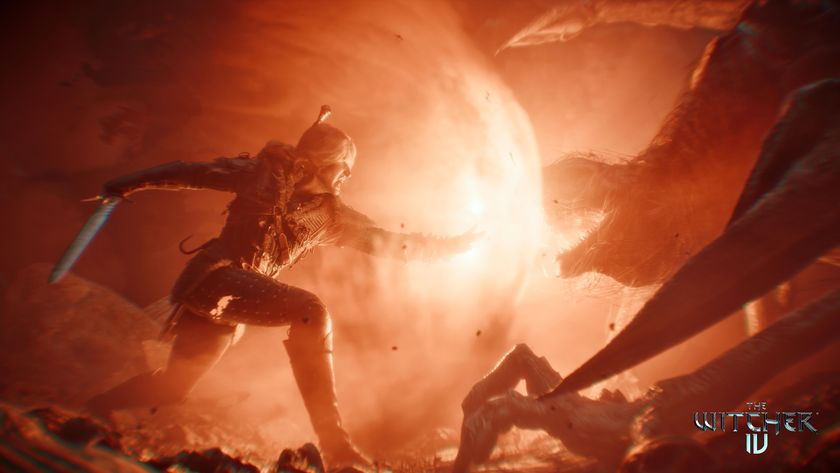
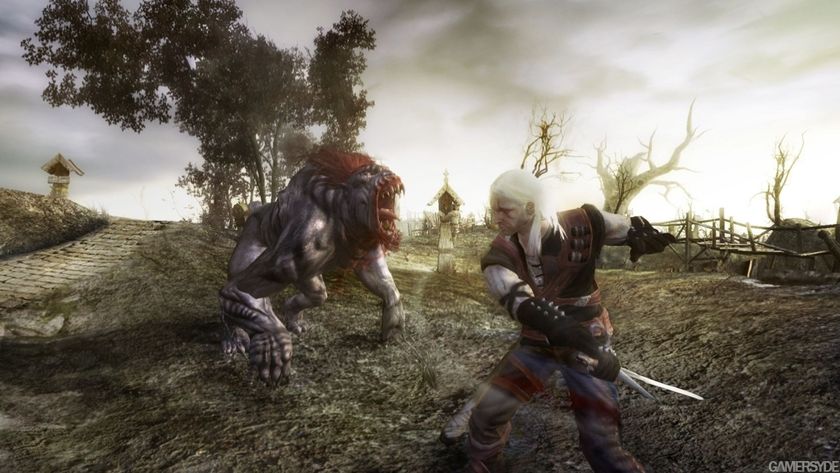
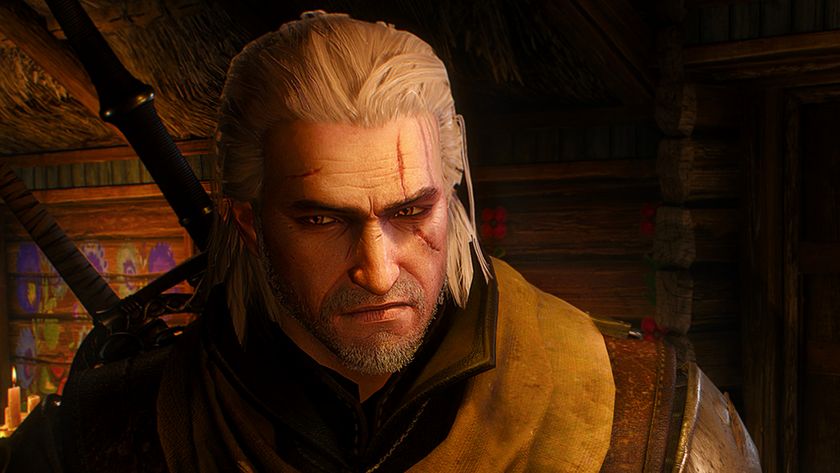
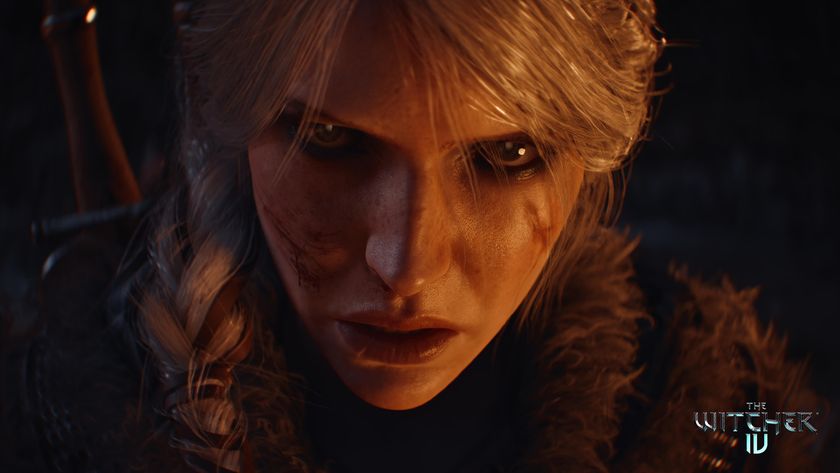



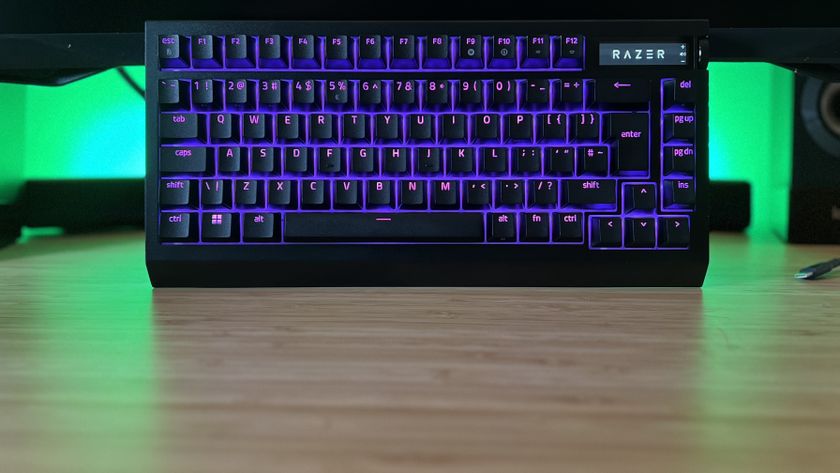

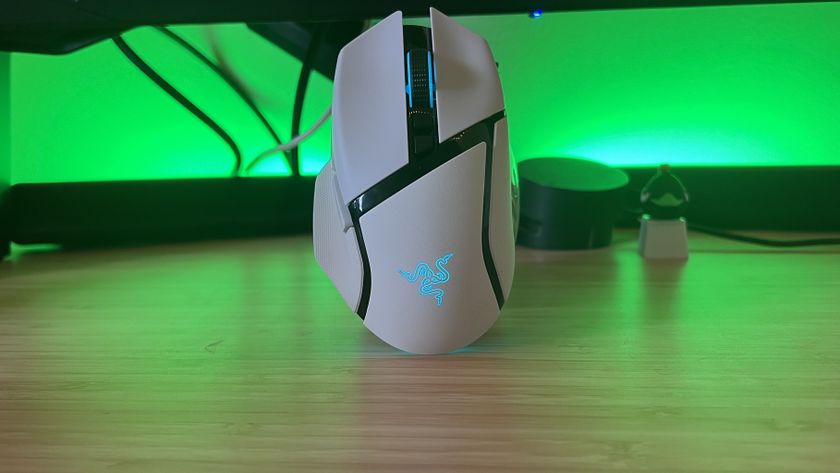

Avowed and Kingdom Come: Deliverance 2 tap into the same thing that makes The Witcher 3 so compelling – and it's something I'm always looking for in RPGs

The Witcher 3 lead says "not many games" were trying to match the RPG back in 2015, and that meant "there was a risk" to making it in the first place
